japanese beetles
fiddlrs3
15 years ago
Related Stories
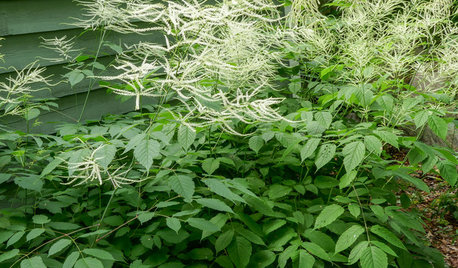
FLOWERS AND PLANTSAruncus Dioicus Is a Stately Plant for Shady, Moist Garden Spots
Plant goat’s beard in perennial and woodland gardens. Its large white spring blooms attract bees, beetles and butterflies
Full Story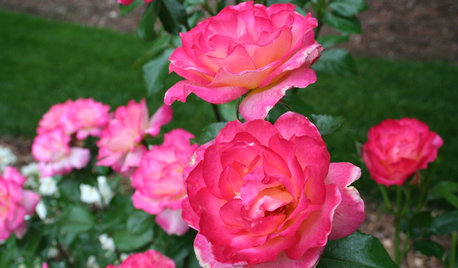
GARDENING GUIDESSoutheast Gardener: What to Do in June
Get your snippers out to protect your roses from beetles and harvest lavender from the landscape. It's a glorious month for Southern gardens
Full Story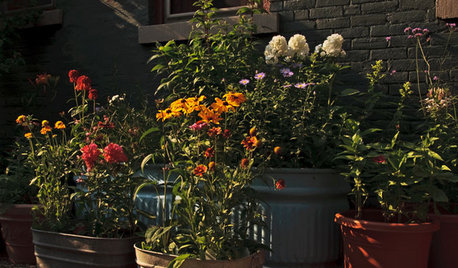
GARDENING GUIDESGreat Lakes Gardener: What to Do In July
Gather juicy berries and breathe in the lovely scent of lilies, but don't forget to stay on top of watering needs and shake off the beetles
Full Story
GARDENING GUIDESGreat Design Plant: Stachys Officinalis ‘Hummelo’
The adaptable ‘Hummelo’ betony adds jolts of color to a sunny border or woodland edge
Full Story
GARDENING AND LANDSCAPINGBid Bad Garden Bugs Goodbye and Usher In the Good
Give ants their marching orders and send mosquitoes moseying, while creating a garden that draws pollinators and helpful eaters
Full Story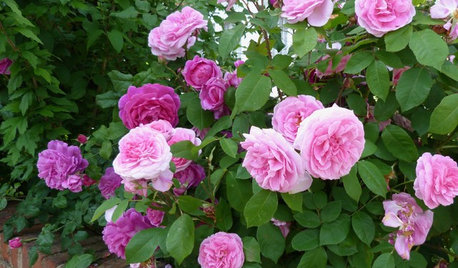
GARDENING GUIDESWhat Kind of Roses Should You Grow?
Want to add the beauty of roses to your garden? Find out which ones, from old-fashioned to modern, are right for you
Full Story
GARDENING GUIDES5 Best-Behaved Trees to Grace a Patio
Big enough for shade but small enough for easy care, these amiable trees mind their manners in a modest outdoor space
Full Story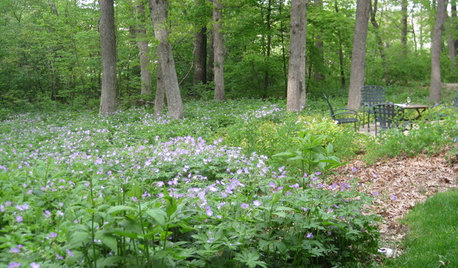
GARDENING GUIDESWe Bust 4 More Native Plant Myths
Have you been taken in by these fallacies about gardening with native plants?
Full Story
FALL GARDENING7 Reasons Not to Clean Up Your Fall Garden
Before you pluck and rake, consider wildlife, the health of your plants and your own right to relax
Full Story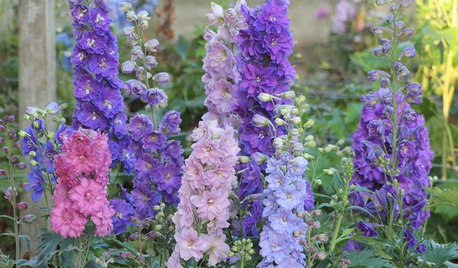
GARDENING GUIDES6 New Plant Varieties That Beat Out Their Parents
With better resistance and fewer demands, these garden beauties are worth a spot on your wish list
Full StorySponsored
More Discussions






catherinet
terryr
Related Professionals
Allen Landscape Architects & Landscape Designers · Salisbury Landscape Architects & Landscape Designers · Biloxi Landscape Contractors · Davis Landscape Contractors · North Plainfield Landscape Contractors · Paramount Landscape Contractors · Red Oak Landscape Contractors · Roswell Landscape Contractors · Salem Landscape Contractors · Wilton Landscape Contractors · Clermont Driveway Installation & Maintenance · Grand Rapids Driveway Installation & Maintenance · Parker Driveway Installation & Maintenance · Eastvale Swimming Pool Builders · San Dimas Swimming Pool Builderstaragirl
dirtgirl
molanic
dirtgirl
lovefornature
catherinet
Iris GW
bluebirdbabe